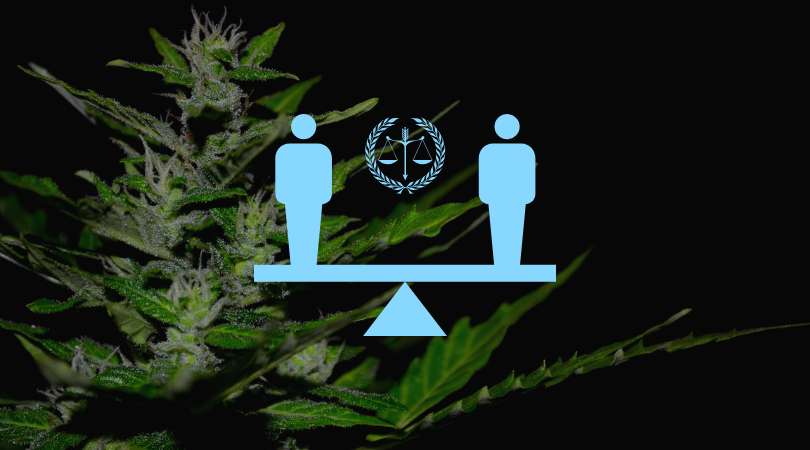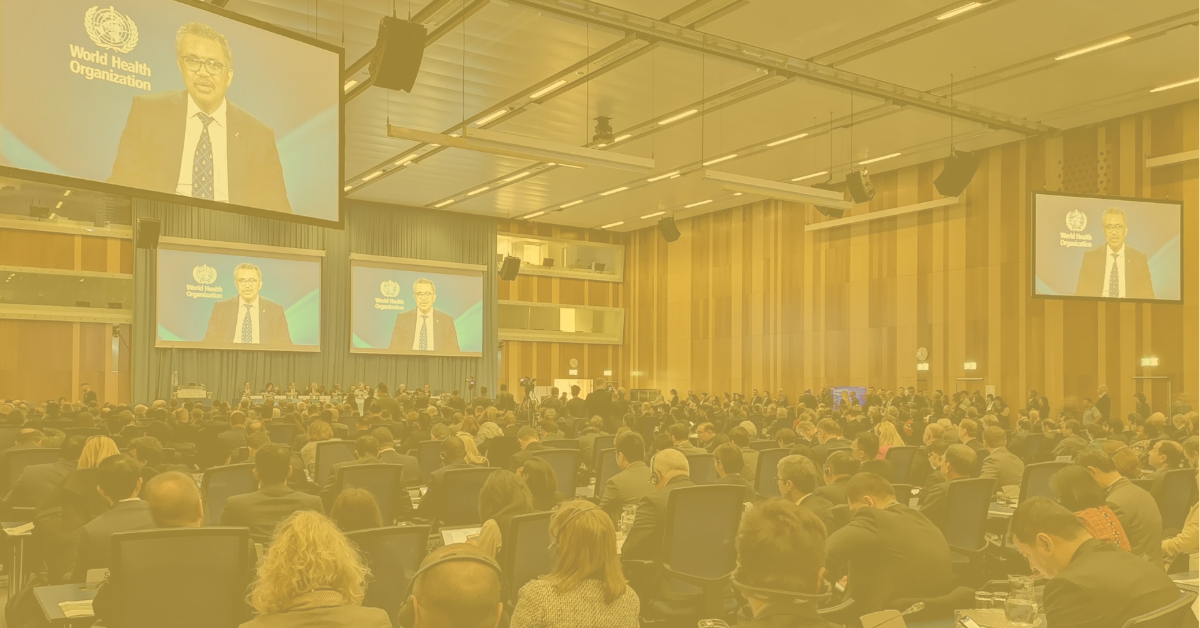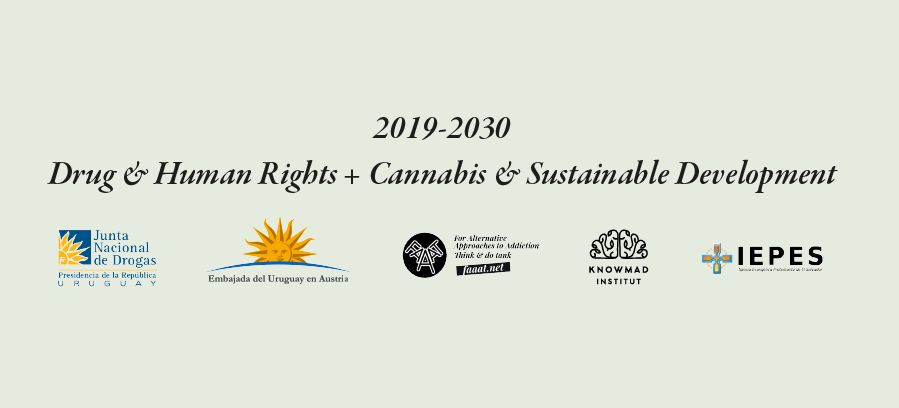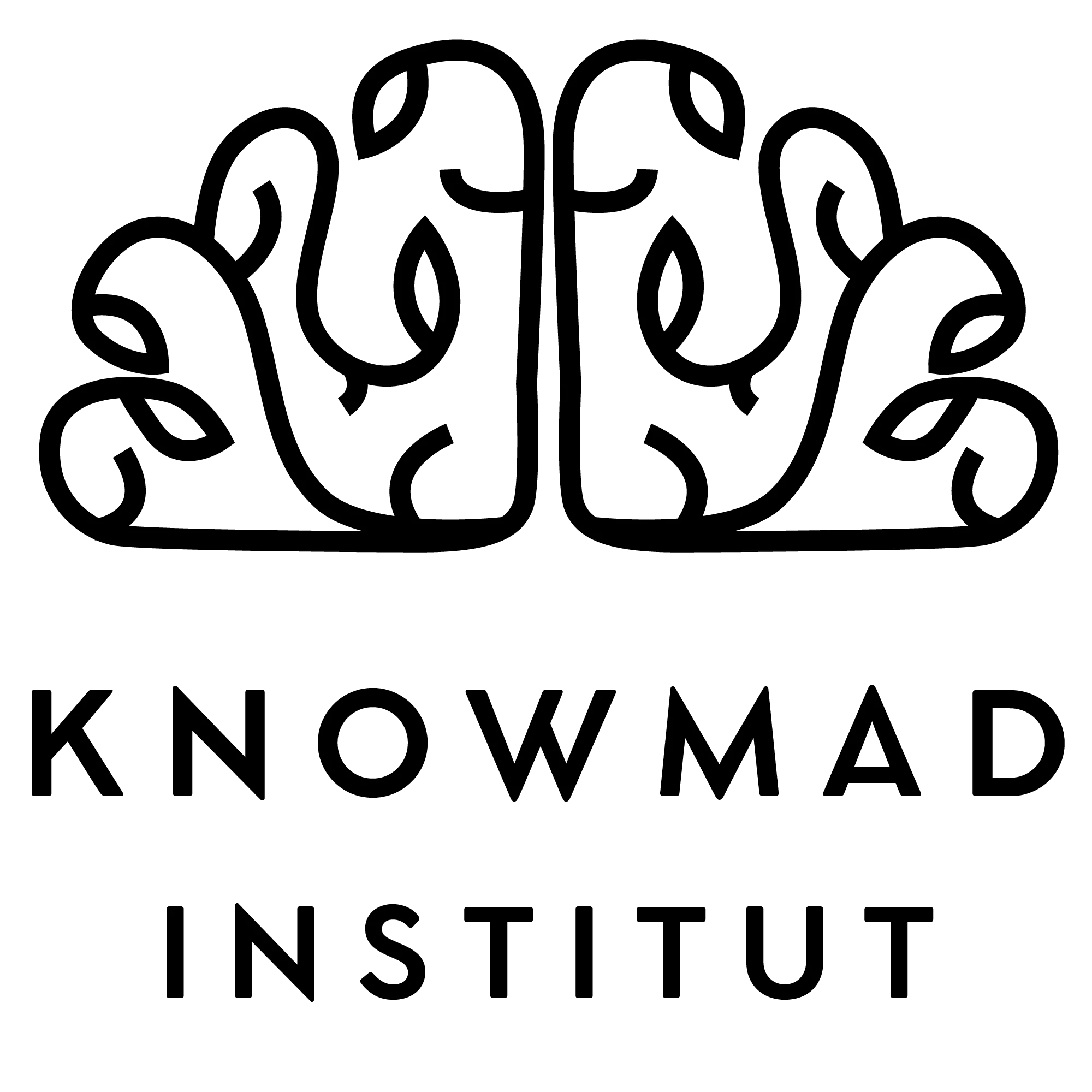Constitutional Challenges to the Drug Law. A Case Study

As the U.S. Constitution established a system of law built on first principles, much of the focus will be on the qualitative difference that separates principled from unprincipled reasoning. As shall be seen, we are dealing with two different legal paradigms, one superior to the other, and nowhere is this better exposed than in challenges to the drug law. While unprincipled reasoning is quickly revealed to be the result of confused analysis and incomplete understanding—that is, as not being supported by any valid foundation at all— principled reasoning has as its defining trait that it is always harmonious with reason, leading back to first principles.
Know the Novel Foods

I. What are Novel Foods?1 The term Novel Foods was born in Europe and their regulation was established for the first time in the Regulation 258/97 of the European Parliament and the European Council on January 27th 1997. This regulation defines Novel Foods as those foods and ingredients which have not been commercialized at a…
Meet our Researcher and Scientific Consultant

With a multidisciplinary academic training in Psychology, Political Science and Sociology, Claudio acts as a researcher and research coordinator with a focus on social inequalities, with research interests on diverse but interrelated topics such as urban and regional experiences, racialization, migration, motherhood, childhood, medicalization processes and performance. During his Bachelor’s and Master’s degree studies in…
Sacred Plants and Mental Health in Latin America

Sacred plants have a number of phenomena that revolve around their ritual and medicinal use, as
well as being seen as carrying a bond with the sphere of the sacred. México is the country that has
the greatest diversity of sacred plants in the Americas because its indigenous groups have a
magical-religious relationship with them.
In the beginning of the study of sacred plants, psilocybin, mescaline and ergotamine began to be
classified as classical psychedelics, this categorization was of great help to psychiatry and
neuroscience in the 1950s and 1960s.
Meet our Research Manager

Gloria is social scientist, currently working with research, research management and consulting. A passionate defender of human rights and individual freedoms, she has participated and helped in the construction of different social movements in Brazil. Her research interests are varied and include processes of stigmatization and medicalization, urban lifestyles, feminism, gender performativity, motherhood and mothering…
Meet our Chief Technology Officer

Our Chief Technology Officer is an international social entrepreneur and Activist. Co-Founder in La María Guanaca; Abraxas Transmedia; and finalist of TICAméricas. Victor is a Disruptive Entrepreneur in a constant search for new knowledge. With a special love for new technologies and the challenges that their implementation poses in our daily lives. He has worked…
UN makes public the list of voters on WHO Cannabis Scheduling recommendations

In March 2020 the United Nations might terminate half-Century of Treaty ban on Cannabis medicines. The process that started in 2016 will finish with a vote planned in March 2020. The list of the 53 countries that will take part in this historic votation has been made public today, and provides some surprises. WHO has…
South African Dagga Private Clubs Initiative

We, the people who use Cannabis throughout South Africa who are the keepers of traditional knowledge of the plant, have been freed after 110 years of the State-led violations of our right to privacy and our dignity as human beings after the Constitutional Court’s judgement “decriminalising the use or possession of Cannabis by an adult…
Report: Cannabis & Sustainable Development

« …The tragedies caused by the lack of adequate and effective control of drug markets have increased social suffering, especially in relatively less developed countries and regions.
That is the reason why sustainable development opportunities must be taken as a guidance to improve the performance of drug policies. But this will not be possible without a strong public administration and efficient evidence-based public policies that, without repeating schemes worn out by the absence of results, take on the challenge of incorporating a new focus.
For all these reasons, we commend the efforts that Civil Society is undertaking to achieve an effective political incidence of this agenda, and we gladly join in an open dialogue where diverse voices and visions can fit. »
Diego Martín Olivera Couto,
Secretary-General, National Drug Council,
Office of the Presidency of the Republic, Oriental Republic of Uruguay.
Berlin Declaration and the Report Cannabis & Sustainable Development are presented at the United Nations

European Institute for Multidisciplinary Studies on Human Rights and Science 15 March 2019 United Nations Headquarters in Vienna, Austria Highlights: Launch of the Report “Cannabis & Sustainable Development” a fundamental tool for civil society, academia, private sector and governments for the period 2019-2030. Presentation of the Berlin Declaration with the support of more than a…
